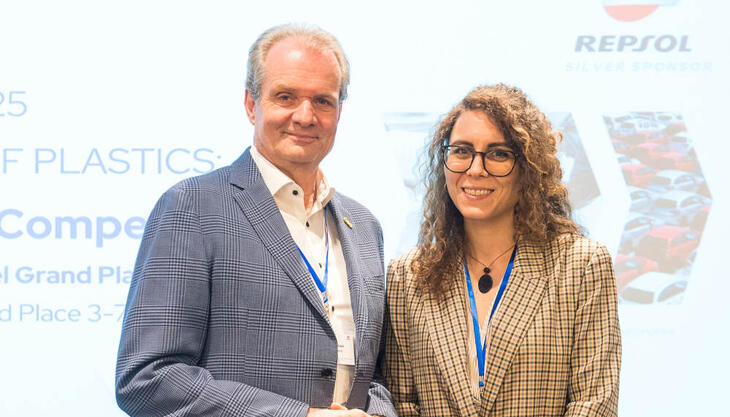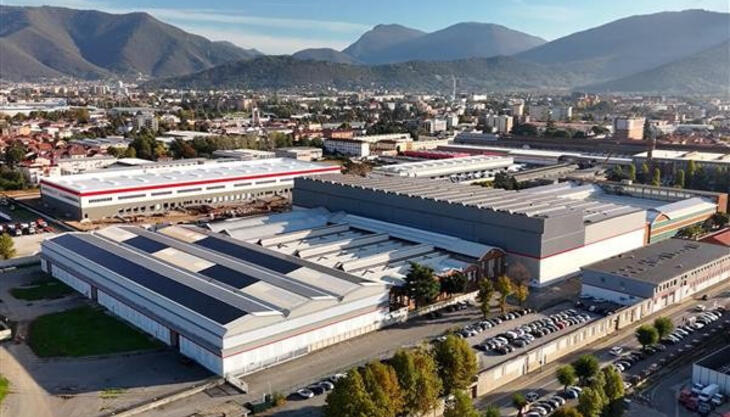Plastic in Europe: 2013 a year of consolidation
At K 2013, PlasticsEurope presented the latest edition of "Plastics the facts", the annual study on the European plastic industry, containing 2012 figures on production, consumption and recycling in the European industry of plastic materials. It revealed that, on a global scale, production grew by approximately 2.8%, rising from 280 million tons in 2011 to 288 million tons in 2012. On a European scale, however, the sector was still feeling the effects of the crisis, and production and demand for plastic saw an overall downturn of 3 and 2.5% respectively. At the root of this trend was, in particular, the decline in demand on major outlet markets, such as the automobile, packaging and construction industry. There are however differences between Western Europe, where demand has fallen by 3%, and central Europe, where a slight increase of 0.6% was recorded.
"In light of a dynamic economic context, one that is often difficult, the European plastics industry has demonstrated courage and a great ability to adapt. Although we would have preferred a more rapid recovery, the industry has managed to remain competitive and innovative, contributing 2.6% to European GDP. In any event, energy costs and raw materials, lower in other parts of the world, constitute an additional challenge for our industry in Europe," Executive Director of PlasticsEurope, Wilfried Haensel said.
Chairman of PlasticsEurope and CEO of Bayer MaterialScience, Patrick Thomas spoke about forecasts, confirming that "2013 could be considered to be a year of consolidation for the European plastics material. 2014 forecasts suggest a slight recovery, but the sector is still far from pre-crisis levels."
As far as waste management of plastics in Europe is concerned, 2012 recorded a positive trend. While production of post-consumer plastic waste matched 2011 levels, recycling and energy recovery rates increased to 26.3% (+4.9%) and 35.6% (+3.3%) respectively. This figures translate into an average recovery rate of 61.9%, up 4% since 2011. The situation in Europe however, is not consistent across the board: while some countries recover 100% of post-consumption plastic waste, others struggle to collect 30%, resulting in more than 9 million tons of plastic waste still ending up in landfills.
"The plastic industry has taken up the challenge to achieve the 'zero plastics to landfill' target by 2020", Haensel added, inviting institutions to introduce appropriate measures to prevent recyclable waste and waste with high calorific value from ending up in landfills. "Our industry is resilient and we have always faced challenges by adapting to different circumstances. The K fair is a demonstration of our strength and our ability to adapt," Thomas concluded on an optimistic note.
















